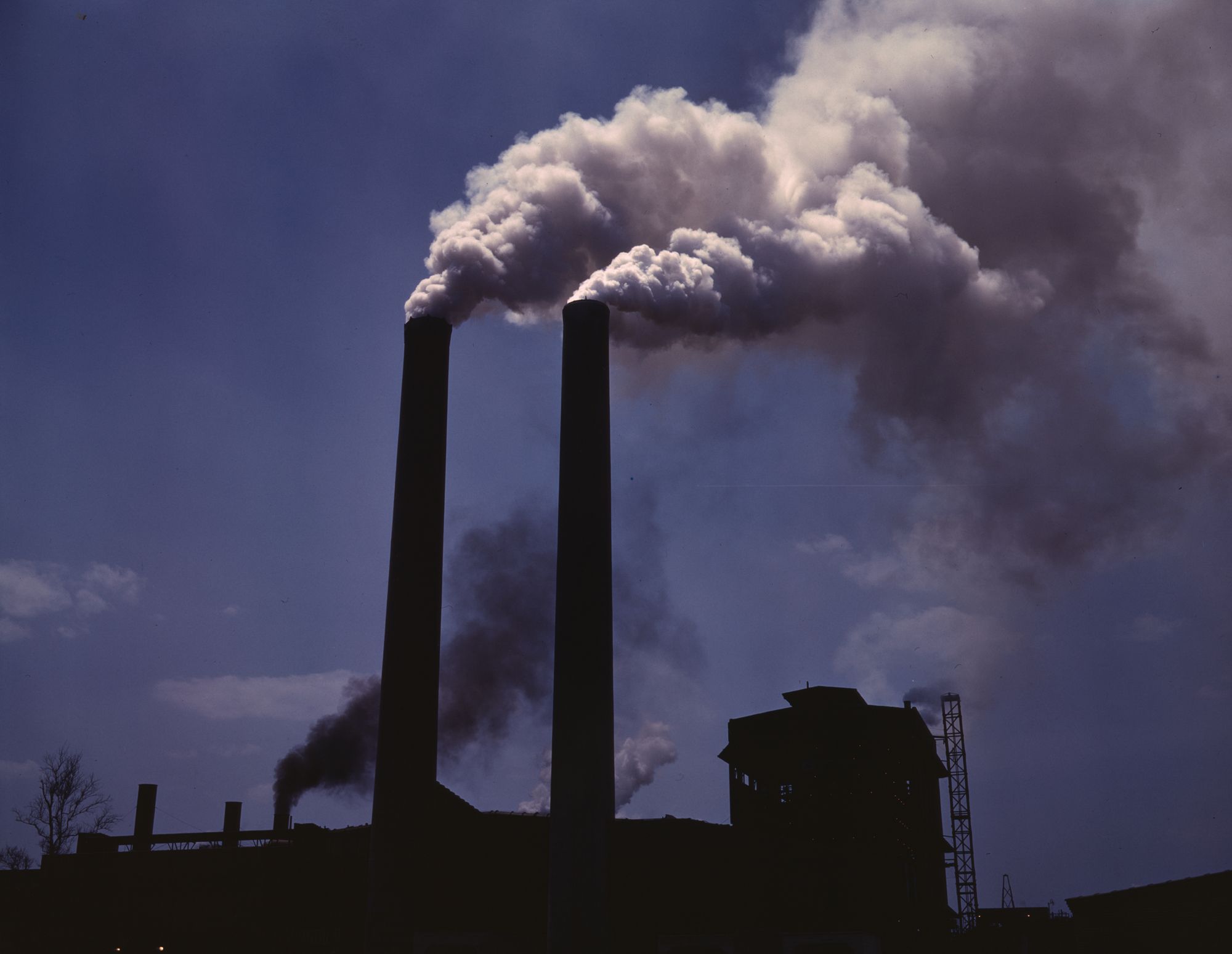Views expressed in opinion columns are the author’s own.
Last week’s report from the Intergovernmental Panel on Climate Change warned of impending catastrophe at the hands of human-driven global warming and described the drastic social changes required to avert it. My colleague Zachary Jablow laid out the structural barriers to these sorts of changes in the U.S., both economic and political. Those economic barriers stem from the bare fact that climate change is exactly the sort of problem that capitalism is fundamentally unequipped to address.
Let’s begin by examining some of the salient features of the climate conundrum. It is the case that:
-
Many of the more devastating effects of global warming (mass destruction of coral reefs, food shortages, large-scale flooding, etc) won’t be commonplace for another 10 to 20 years.
-
Averting those future effects requires taking mass action now.
-
The primary sources of greenhouse gases in the U.S. are the transportation, energy and agriculture industries (the contributions of “industry” and “commercial/residential” come largely from their energy use).
-
Climate-friendly consumer alternatives in the above industries often involve high initial costs or significant lifestyle changes.
As Jablow points out, corporations exist to make a profit, and we can safely assume that major players in the aforementioned industries will not lower their emissions below IPCC guidelines unless it is profitable to do so. This fact alone, however, is not enough to show the inability of capitalism to address climate change. “Never fear!” says the capitalist; “Market pressures will eventually make it profitable for polluting corporations to switch to green alternatives.” In such a scenario, consumers realize that their choices are killing the environment and stop purchasing from major polluters, thus diminishing the profits of those polluters and forcing them to reduce their pollution to lure consumers back.
The problems with this picture are evident in features (1), (2) and (4) of the climate conundrum. Human beings in general are notoriously poor at prioritizing long-term rewards over short-term ones — and environmentally relevant situations are no exception; despite the fact that electric cars are cheaper to own over time, they are generally more expensive up front, and accordingly sales of electric cars accounted for less than 2 percent of new global passenger auto sales last year. Of course, climate change will eventually become a short-term problem, but what the IPCC report tells us is that by the time this happens, it will be too late.
There is an additional problem hidden in feature (2), that being the “mass” in “mass action.” Market pressures are great at solving problems wherein consumers benefit from choosing alternatives independent of the behavior of other consumers. The classic example of this sort of situation is two gas stations across the street from each other. If Station A prices their gas 5¢/gallon cheaper than Station B, each individual consumer benefits from choosing Station A over Station B. Accordingly, Station A makes a larger profit than Station B despite charging less per gallon. The response is for Station B to lower their prices, and thus the market keeps gas prices relatively low compared to the cost of production.
In contrast, climate change presents a problem wherein the benefit to consumers of choosing the environmentally friendly option is contingent on the behavior of the majority of other consumers and does not constitute its own individual reward.
Consider the moral obligation to refrain from eating meat, which I have previously defended. Going vegan is the “single biggest way” to reduce your individual carbon footprint, per a recent Oxford study. A habitable Earth (and less animal suffering) are surely things everyone can agree constitute “the common good,” yet the vast majority of Americans aren’t vegetarian or vegan, presumably because they judge the individual loss to their palate to be greater than their would-be contribution to the common good.
This is the classic “tragedy of the commons” and presents an intractable problem for capitalism; consumers who act in their individual best interests can end up much worse off than if they had acted in the best interests of the group.
The politics of climate change that Jablow mentioned have their own bearing on the economics as well. The libertarian here will surely shriek that the campaign contributions of the Koch brothers and subsidies for oil companies are blights on the otherwise perfect free market and don’t reflect deficiencies of capitalism, per se.
This is true, but even absent any direct government interference in the market, the mere fact that climate change is a politicized issue plays into the decisions that consumers make. A registered Republican in coal country who buys a Prius isn’t just making an economic decision; he’s betraying his “tribe,” and siding with “the enemy.” This entanglement further hinders the ability of the market to solve the climate conundrum.
So what, then, is the solution? I’m neither a climate scientist nor a policymaker, so I can’t say for sure, but I do know that it must involve action by the government in addition to individual lifestyle changes. Capitalism is simply not equipped to deal with the unique dilemma that climate change presents, and the IPCC report made painfully clear that we don’t have time to sit around and watch it fail.
Joey Marcellino is a senior jazz saxophone, physics and philosophy major. He can be reached at fmarcel1@terpmail.umd.edu.



